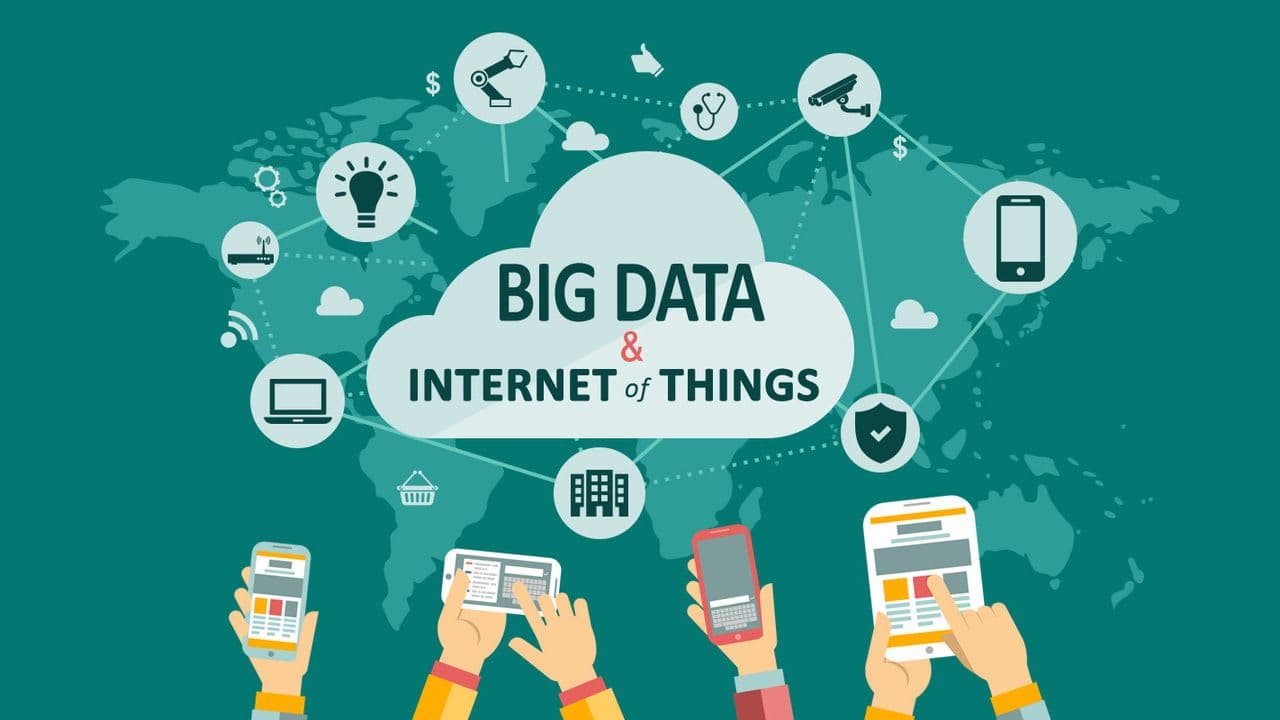How is IoT Related to Big Data Analytics?
Big Data Quotes of the Week: July 20, 2012
“At least in the data world, simple algorithms on more data seems to yield better results than complex algorithms on a smaller data sample, notwithstanding some exceptions”– Ashish Thusoo, Qubole
“Some of the best data scientists I see often have worked in a few different domains. I think that helps with creativity and problem solving. A nice way to sum data scientists up that I’ve heard: ‘They’re better statisticians than your average programmer and they’re better programmers than your average statistician.’ …on the soft skills side, I’d say they’re often very creative, which probably comes from having domain expertise in a number of areas and how they’ve seen similar problems before. They’re able to think of ways to use data to solve problems that otherwise would have been unsolved or solved using only intuition.”—Pete Skomoroch, LinkedIn
“Given the mass reach of Facebook and the growing use of social sharing widgets, it’s not surprising that data collection via widgets has ballooned almost 800% since 2011. In fact, Krux Digital found explosive year-over-year volume growth across most data collection channels, no doubt another sign of the growing opportunity—and excitement—associated with data collection and targeting”—eMarketer
“At AT&T today, 30 petabytes of data crosses our network on an average business day. That’s a humongous amount, almost incomprehensible, especially given that not too long ago that number was one petabyte of data a month. The amount of data crossing the network continues to grow at a tremendous rate. .. the data being produced is not just data that should be stored for reporting purposes. Rather, the opportunity is in finding the intelligence within streams of data in real time—this is the real challenge and where the real opportunity lies”–Mobeen Khan, AT&T
“At the very least, physicists need to understand that people are different from the inanimate objects they are used to modeling, and failing to account for how agents will respond to an attempt to exploit historical correlations can lead to large – sometimes very large – analytical errors”–Mark Thoma
“It’s true that macroeconomists, as a group, did not see the signs of the disaster that was about to hit the economy. There were a few lonely voices who warned that a dangerous bubble was building in the housing market, but they were mostly ignored. And even after the economy’s troubles became evident, it took macroeconomists longer than it should have to correctly diagnose the problem as a balance sheet recession”–Mark Thoma
“I do this thing with politicians where I ask them, I need you to repeat after me. You take a dollar bill out and on the back it says, in god we trust. I say, please say in god we trust, all others have to bring data. As long as you believe that politicians can operate without facts you get the government that you want, right. That’s what we’re dealing with”—Peter Thiel
“To err is human, to forgive divine but to include errors in your design is statistical”–Leslie Kish, in “Chance, Statistics, and Statisticians,” 1977 ASA Presidential Address, submitted by Bill Peterson to Chance News 86
